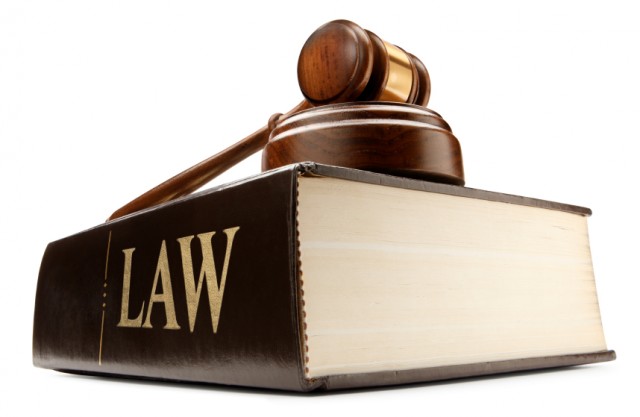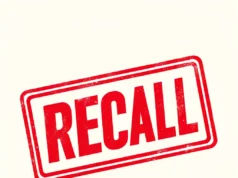
Product liability lawsuits can be filed under several different circumstances. There are three broad categories under which most people can understand why they are filed. If any of these situations apply to you, you may want to consider filing one of these lawsuits against the company that manufactured the product.
1: Advertising
Companies actually have to be honest in their advertising about their products. As an example of this, the drug Yaz was marketed at one time as being a suitable treatment for any severity of acne and for regular premenstrual syndrome. This is actually not true. The FDA never approved this drug for the treatment of either of those conditions. It was approved for severe acne and for premenstrual dysphoric disorder, but it was not approved for the broad range of conditions that the advertising implied, creating an opening for product liability lawsuits.
2: Manufacture
Sometimes, a product is advertised appropriately but it turns out that it was manufactured in a way that renders it defective. For example, there were a couple of cases where coffee pots that had automatic start timers on them ended up starting fires. There is nothing wrong about how the product was advertised – it could, indeed, brew coffee at a preset time – but it was manufactured in a way that presented a fire hazard to users.
3: Design
Sometimes, the design of a product is defective. These lawsuits may be a little bit more difficult to pursue and may well require expert testimony, though that is commonly required in most product liability lawsuits. If a product is designed effectively, it may present unanticipated risks to users or it may even not function at all, amounting to a useless product. Lawyers can help you in these situations by investigating whether or not it’s likely that the design of the product wasn’t completed properly and, therefore, that it constituted a defective product under the law.
If you want to sue for product liability, you need to speak to an unsafe product attorney about the matter first and foremost. You’ll want to do this right away, as there are limitations on how long you do have to act. Contacting an attorney and sitting down for a consultation is generally free, so there’s no risk. Most product liability attorneys will take these cases on contingency, so there’s no risk that you’ll be on the hook for legal fees if you don’t win your claim.







